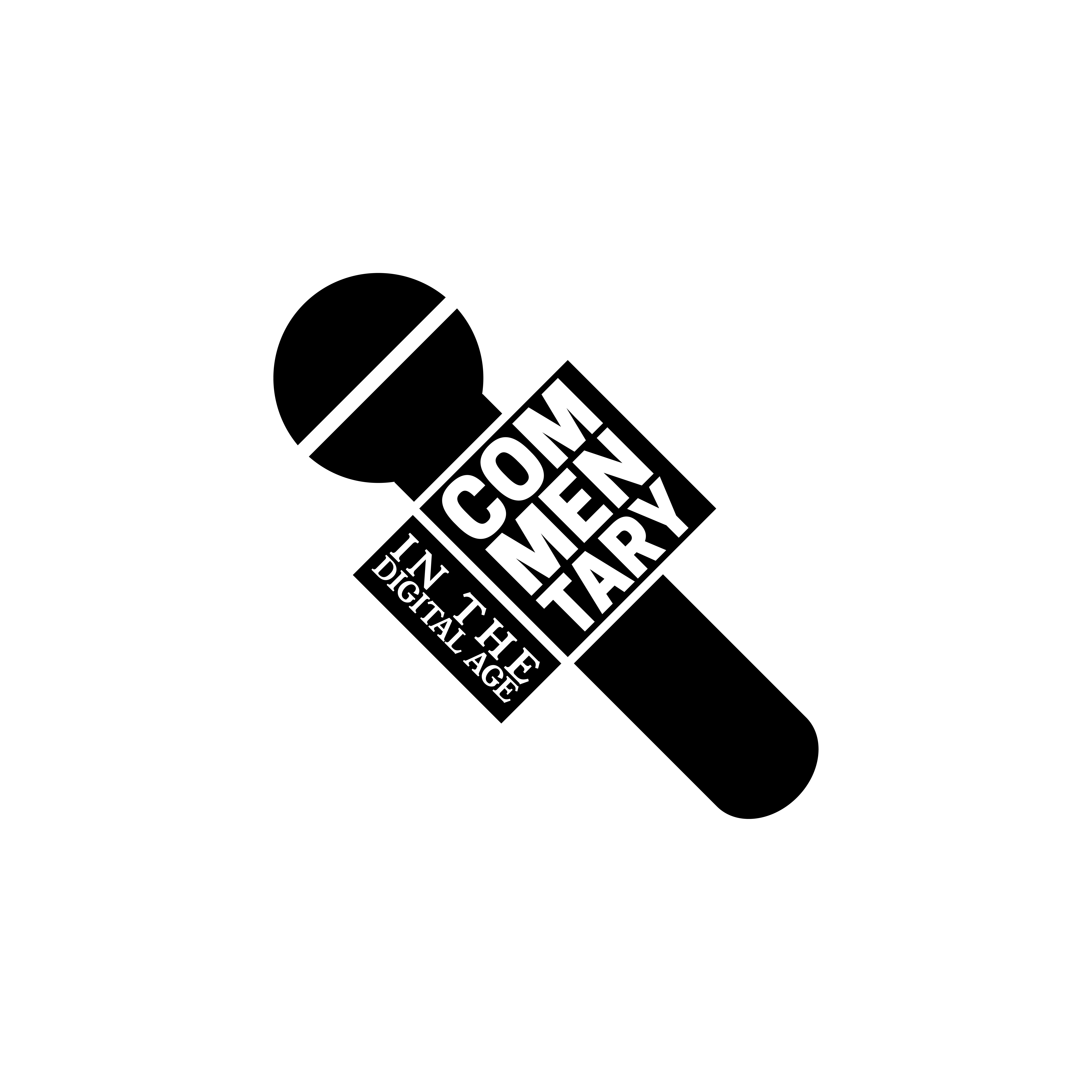On a sweltering Sunday afternoon, Grand Canyon University’s (GCU) 10-4 win over Utah Valley University (UVU) was about more than just the fight for first place in the Western Athletic Conference (WAC). It was also a celebration of community, inclusion and the unifying power of baseball. As part of GCU’s annual autism awareness game, families from Victory Autism Academy (VAA) left the ballpark with joy, a sense of belonging and a reminder of what sports can mean beyond the scoreboard.
After blowout wins in the first two games of a highly anticipated weekend series between the WAC’s top two teams, the Wolverines looked to complete the road sweep over the Antelopes and head back to Utah atop the conference standings.
GCU managed to avert that scenario with a late offensive explosion to secure a series finale victory, ensuring both teams left tied for first with 9-3 conference records.
In addition to the win soothing the souls of GCU’s players and coaches, it capped a wonderful day filled with autism awareness and fun activities—from a pregame tailgate to sensory-friendly giveaways during the game.
This day was made possible thanks to the strong community relationship between GCU and VAA. The latter is an alternative K–12 educational institution with multiple campuses across the Phoenix metro area, dedicated to empowering individuals on the autism spectrum by teaching them academics and essential life skills.
For some players, it may have felt like another game day with a special theme. But for others, it meant more. Antelopes sophomore second baseman Troy Sanders, who had his best offensive game of the season with four hits in four at-bats, reflected on the game’s significance.
“Obviously, it’s a great cause,” Sanders said after the game. “I’m glad that we have this day. I have a cousin who has autism, so it’s special to be able to do that on this day.”
For the first half of the game, GCU junior Elijah Higginbottom (4-0) and UVU’s Jacob Heppner (4-1) took turns keeping opposing offenses off the scoreboard. While Heppner has been a mainstay in UVU’s weekend rotation, this was Higginbottom’s first start in a GCU uniform.
The converted reliever wasn’t fazed, allowing only two runs over five innings pitched. He exited in the top of the sixth, shortly after UVU left fielder Jimmy De Anda tied the game at 2 with his fourth home run of the season, a solo blast to left. With a runner on second and the score even, GCU head coach Greg Wallis made the bold call to bring in closer
Walter Quinn—a move that paid off.
Determined to back up strong outings from Higginbottom and Quinn, the Antelopes broke the game open with a stampede of late-inning hits against struggling Wolverine relievers. First baseman Cannon Peery’s RBI double in the bottom of the sixth restored GCU’s lead for good.
Knowing how easy it is to score in college baseball with players using aluminum bats rather than the wooden ones used in the pros, GCU smartly added plenty of insurance runs in the seventh and eighth innings. As the team’s lead ballooned, one could sense a collective exhale from the Antelopes’ dugout and their supporters—especially with the stakes only rising as the second half of conference play is set to begin.
“We salvaged Sunday, and now we’ve got a lot to learn from on how we can get better after this series,” Wallis said postgame. “We’re gonna go back to the drawing board and tighten up some simple things—just get back to throwing more strikes, playing great defense and putting the ball in play better.”
Wallis also noted that the win was a “cherry on top” of Autism Awareness Day.
The number of spectators sporting Victory Autism Academy gear suggests that Sunday’s game had a larger impact on the greater Phoenix autism community. VAA Executive Director of Education Kyrstal Lowe highlighted everything that this game stood for.
“We had an incredible turnout, with over 300 students, families, and staff members from Victory Autism Academy in attendance,” Lowe said. “The stands were filled with a sea of matching shirts, signs, and smiles—it was a powerful visual representation of our community coming together in support of autism awareness. A GCU baseball game provided the perfect setting—it’s family-friendly, energetic, and accessible for our students. Sports have a unique way of bringing people together, and we saw this as an opportunity not only to raise awareness but also to create lasting memories for our students and their families in a setting that felt welcoming and supportive.”
As a member of the autism community and an avid baseball fan, I believe events like this need to happen more often. The more frequently collegiate or professional teams spotlight autism awareness and similar causes, the more educated and inclusive our society will become.


